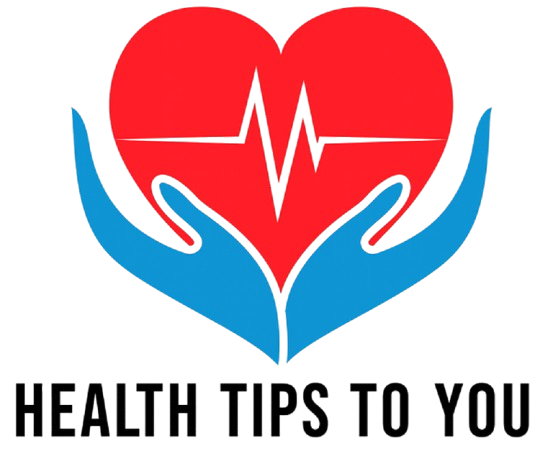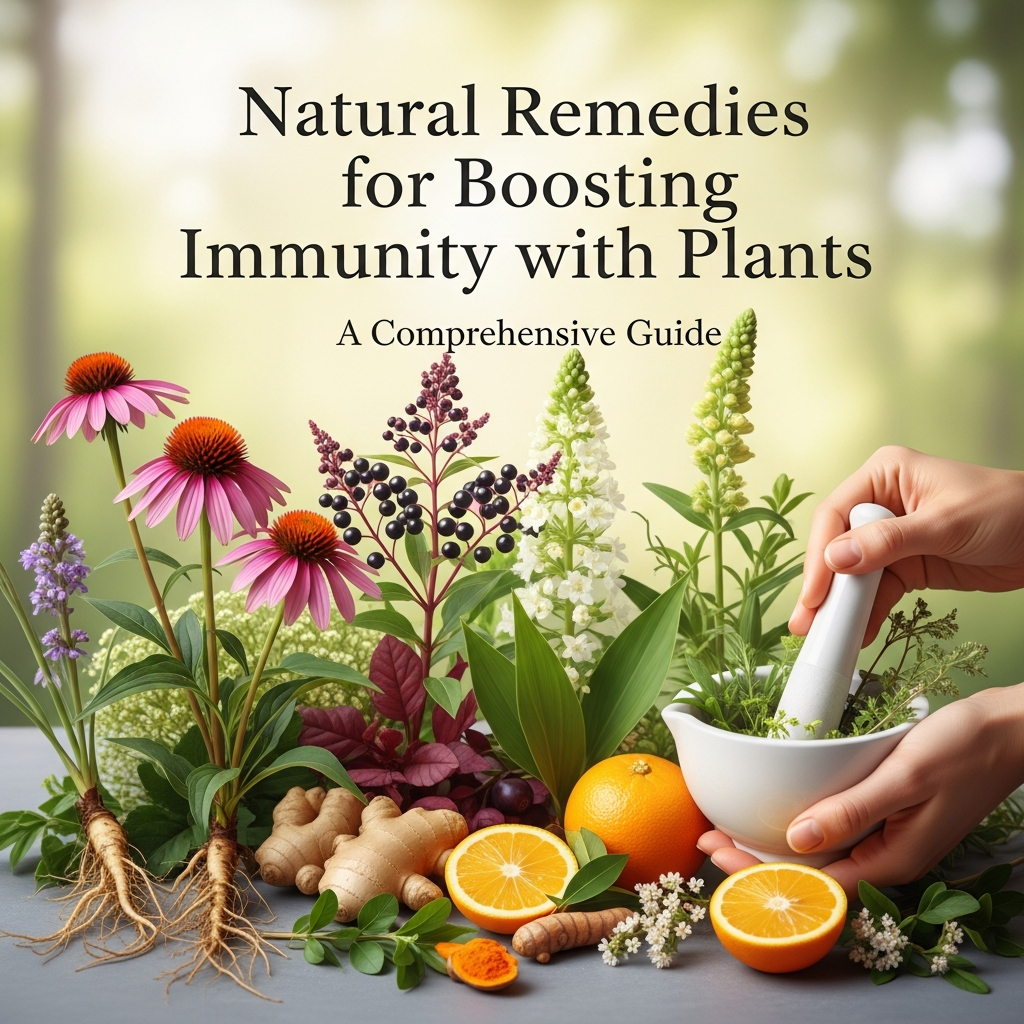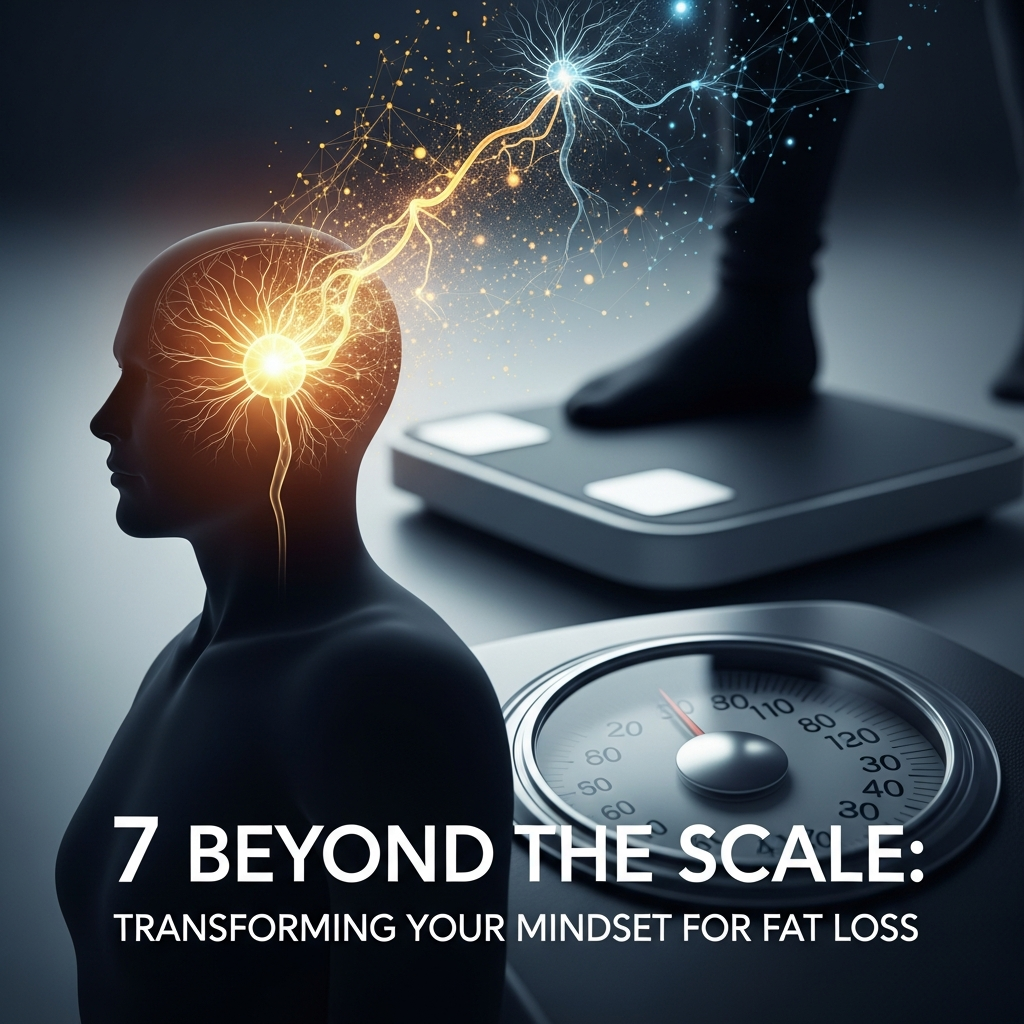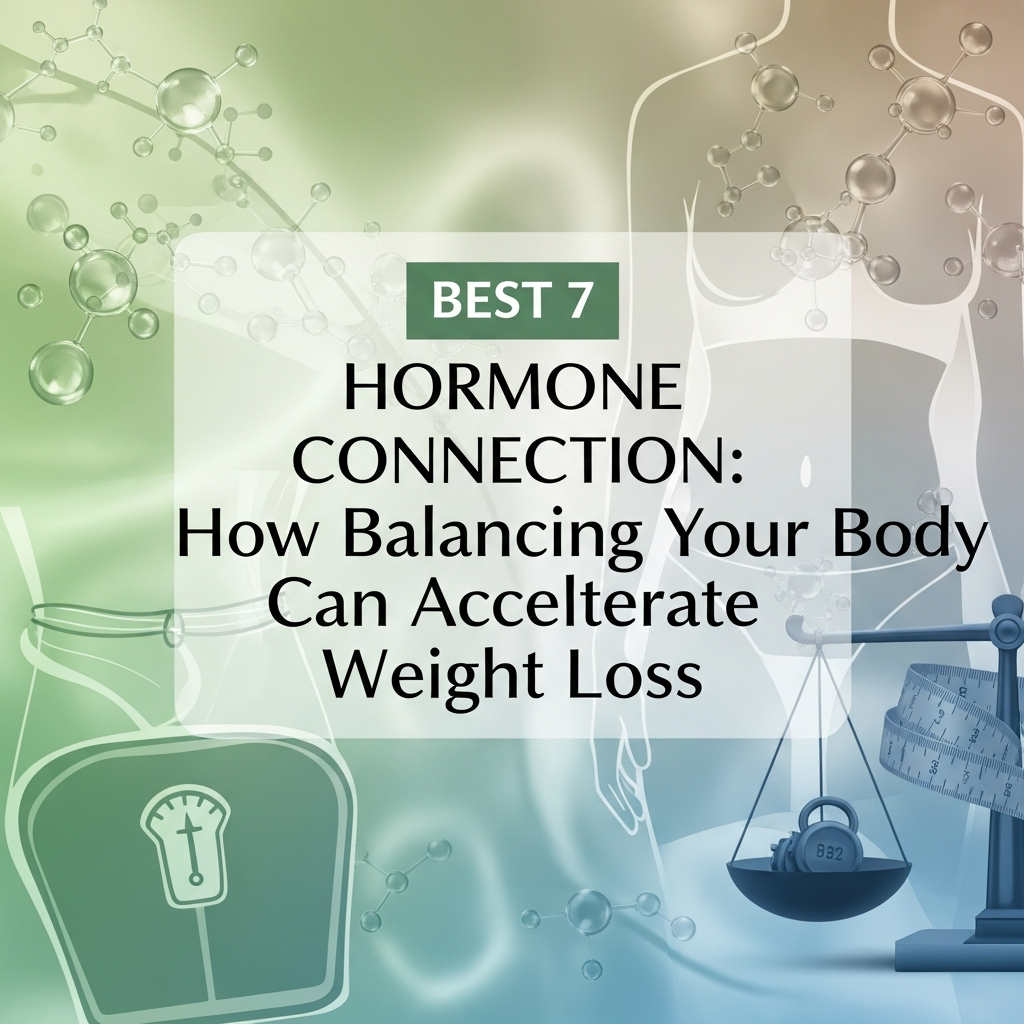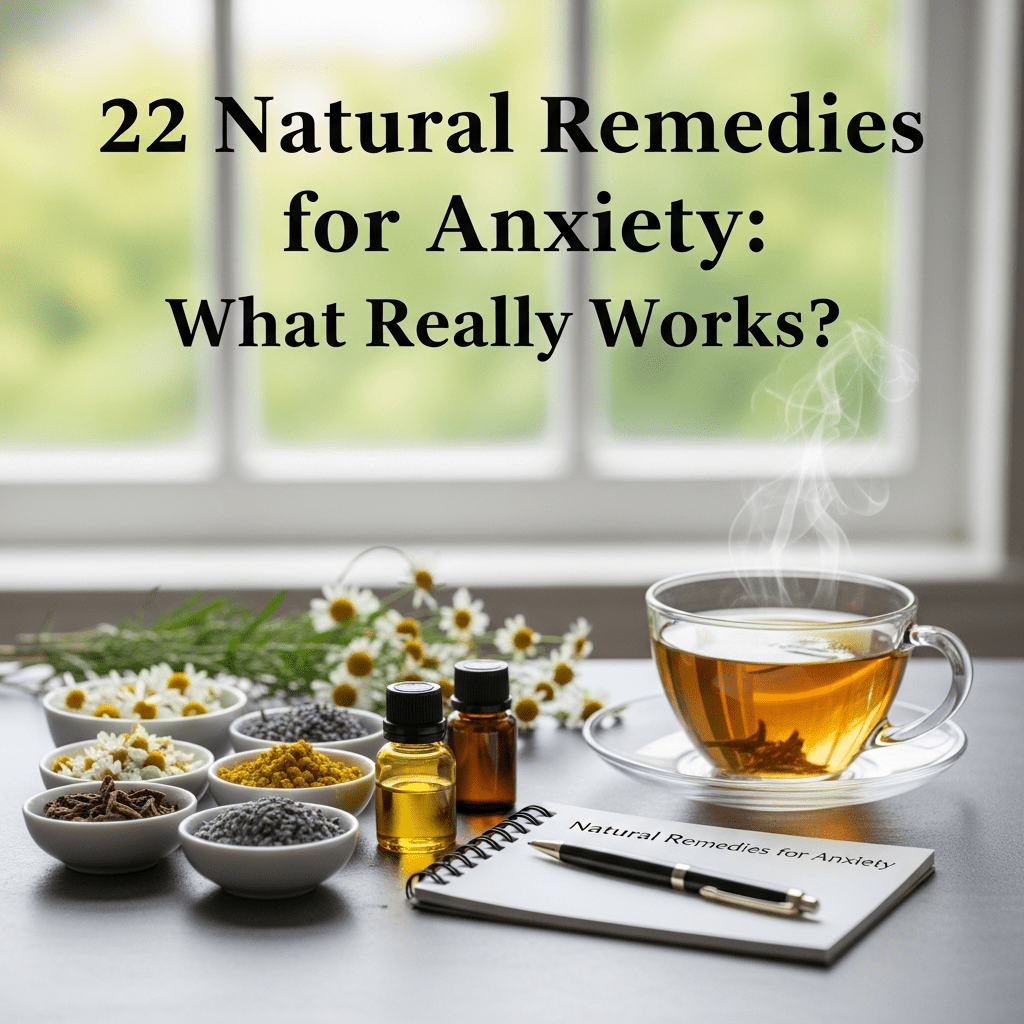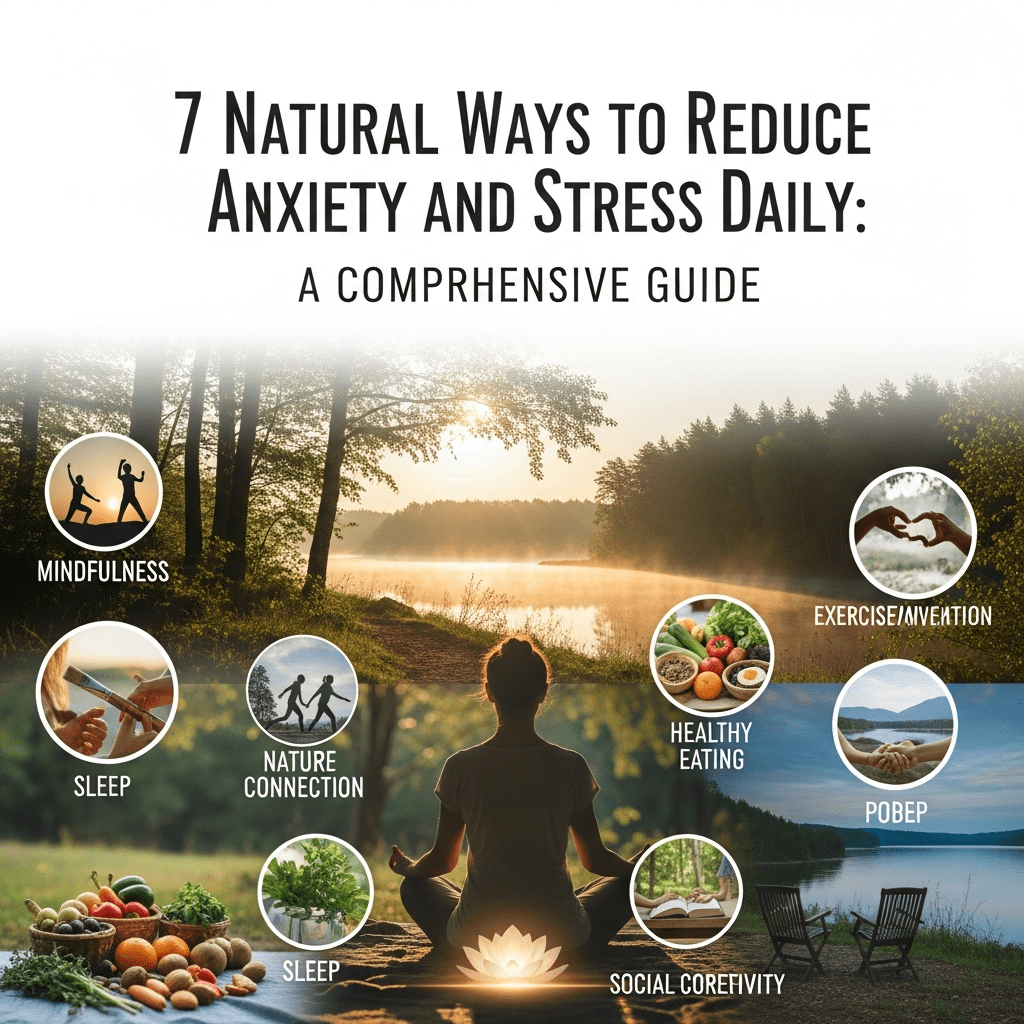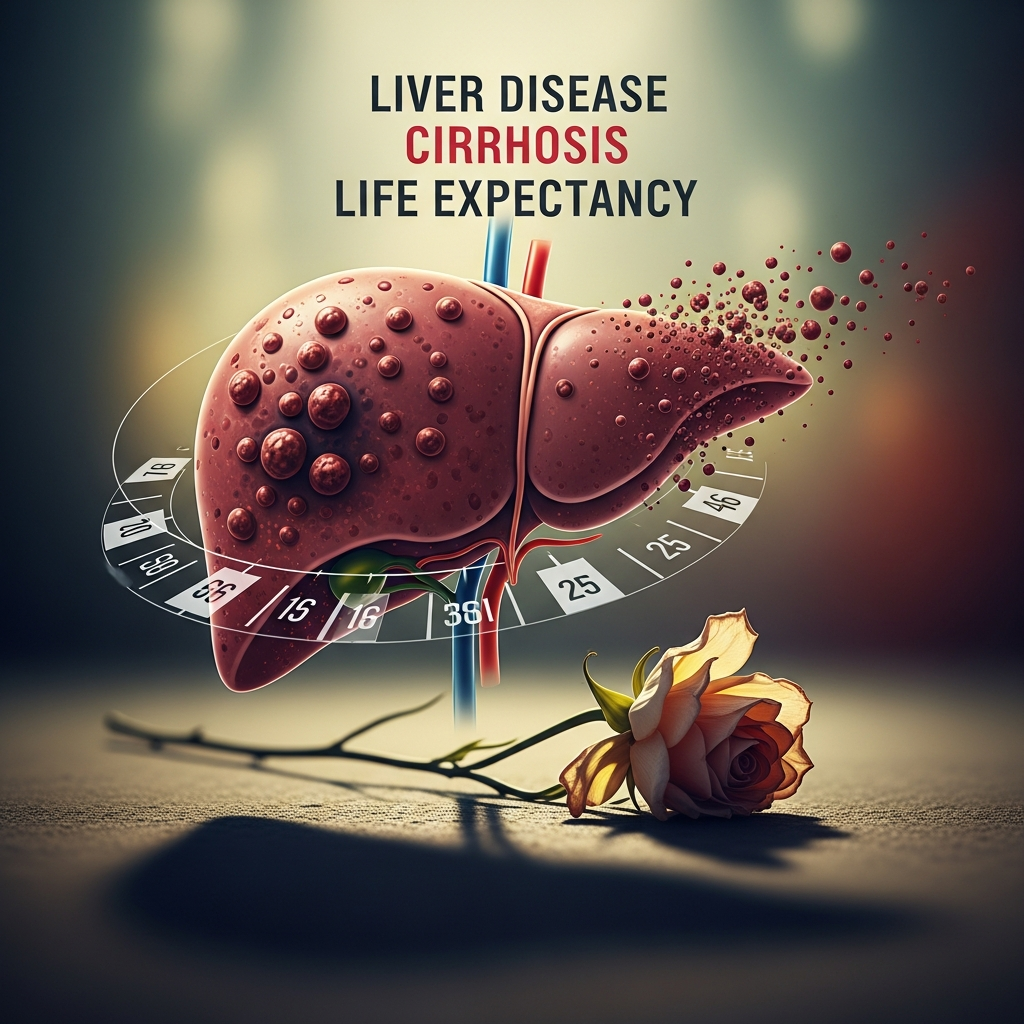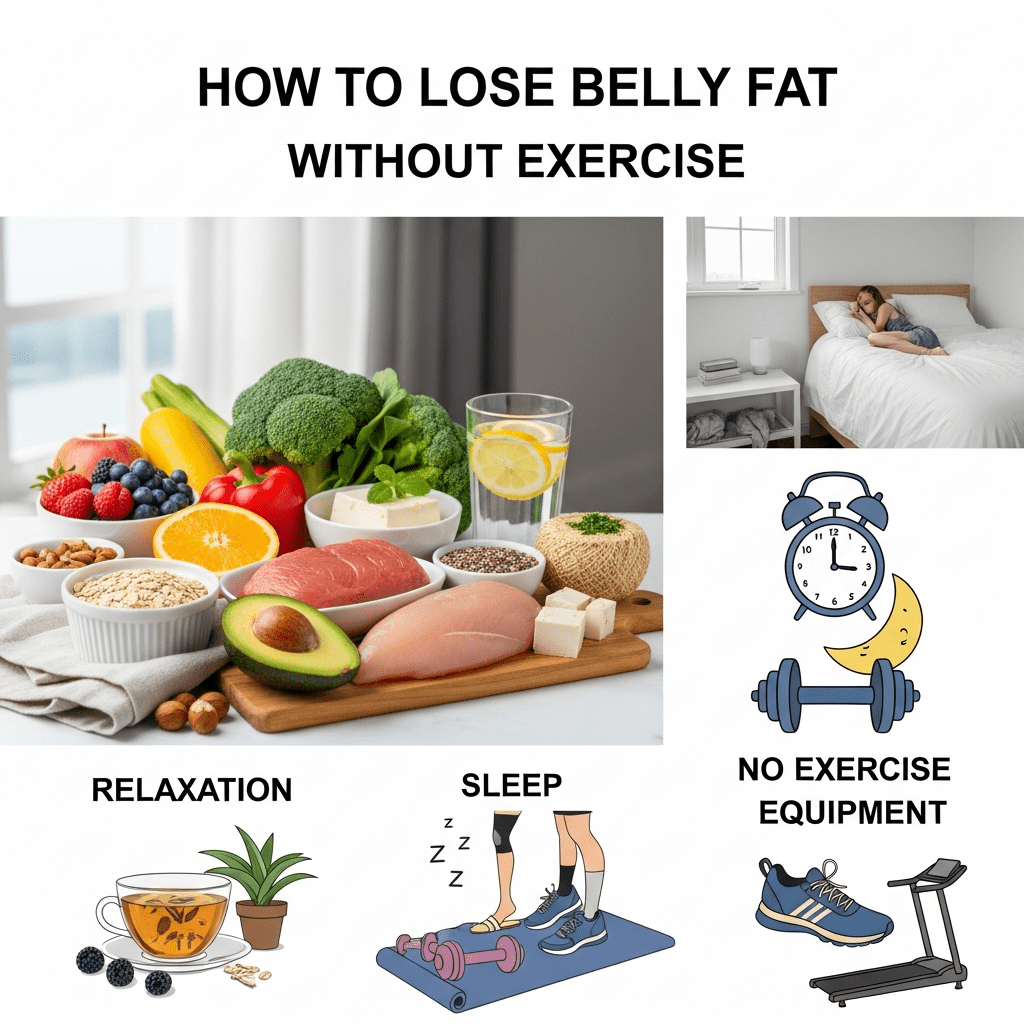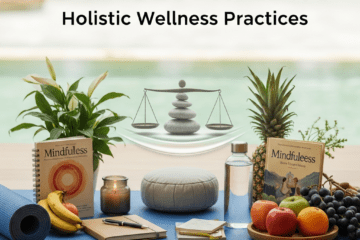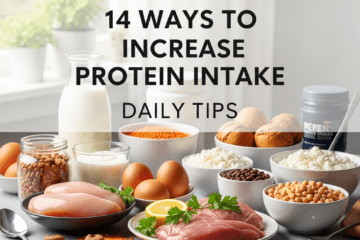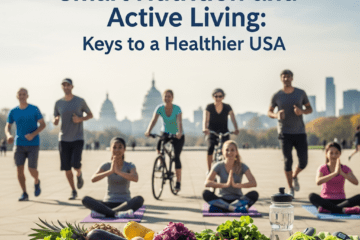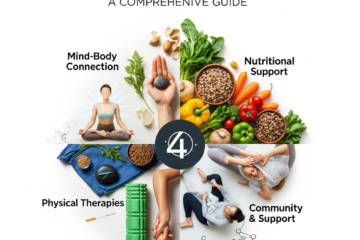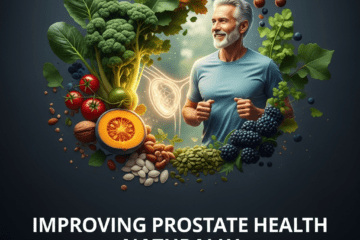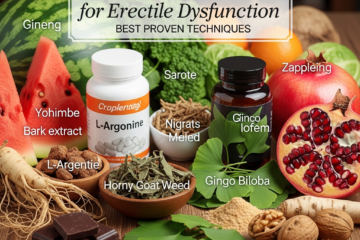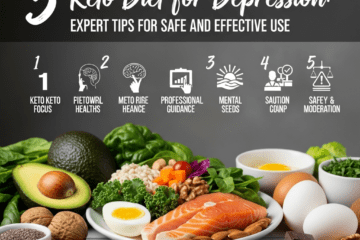
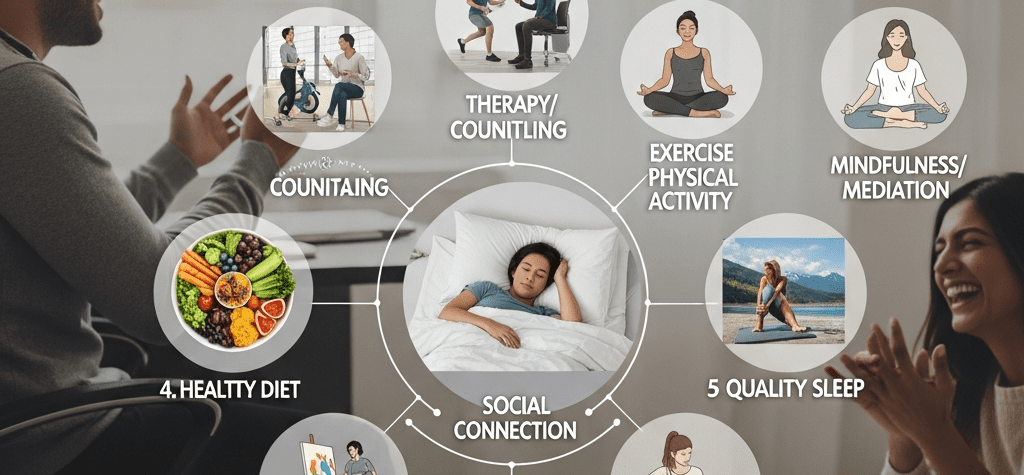
Introduction
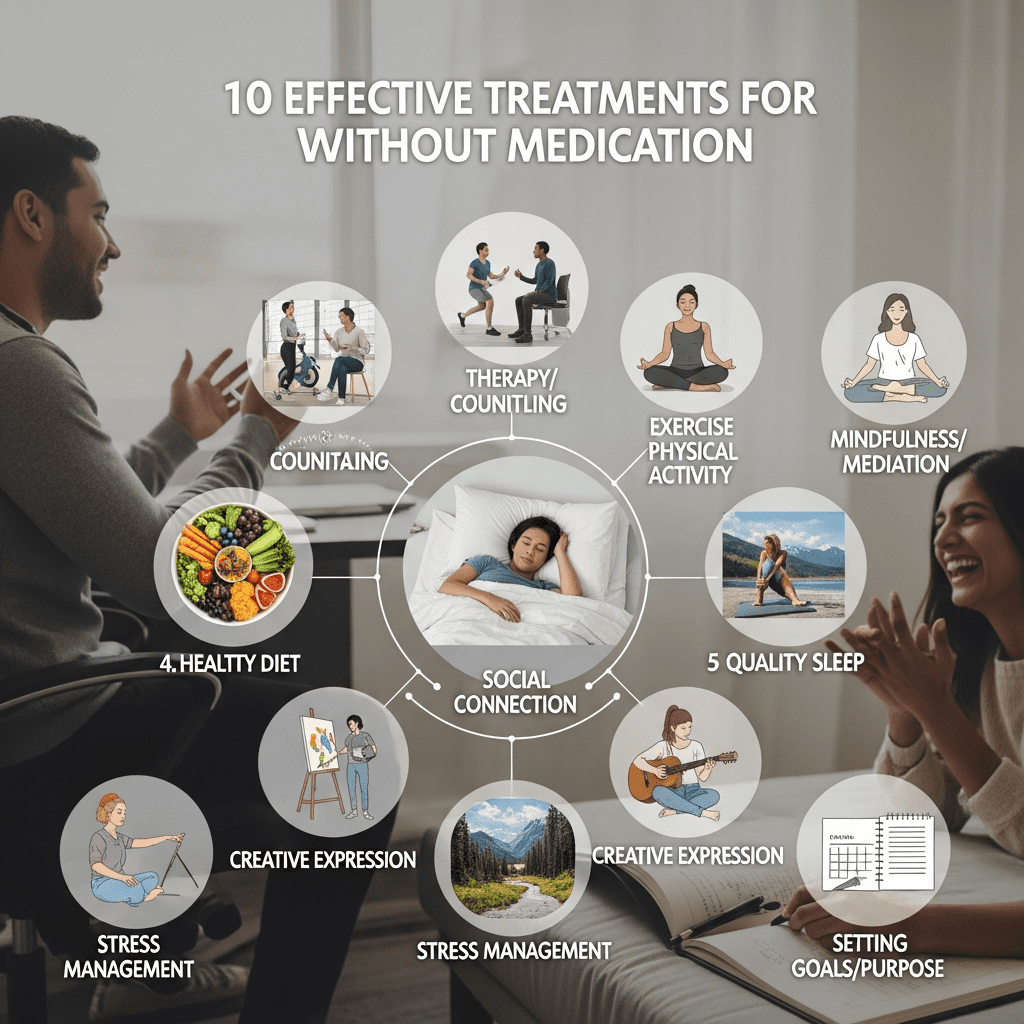
Treatments for Depression Without Medication can help many people feel better in natural and supportive ways.
Depression is real. It is heavy. It can touch the mind and the body. Many people live with it every day. Some people use medicine. Others look for different paths. Both choices are valid. This guide focuses on non-drug options. It is written with care. The goal is clarity and hope.
I have worked with people who live with low mood, stress, and burnout. I have listened to their stories. I have learned what helps over time. There is no single cure. There are skills. There are habits. There is support. These Treatments for Depression Without Medication are not quick fixes. They are tools. Tools you can learn and use.
This article shares ten proven approaches. They are backed by research and real-world use. They are safe when done well. They respect the whole person. Mind. Body. Life.
Please remember this. If your depression feels severe. If you have thoughts of harm. Reach out for professional help right away. You are not weak. You are human.
1. Talk Therapy That Builds Skills
Treatments for Depression Without Medication often begin with talking to a trained professional.
Talk therapy is also called psychotherapy. It gives you a safe space. You can speak freely. You can feel heard. A therapist listens without judgment.
Some therapists teach skills. Cognitive Behavioral therapy is one example. It helps you notice thought patterns. It helps you change unhelpful thoughts. Small changes matter. They add up.
Another option is interpersonal therapy. It focuses on relationships. It helps with grief. It helps with conflict. Strong relationships protect mental health.
Therapy works best with trust. It takes time. Progress may feel slow. That is norma. Keep showing up. The brain learns with practice.
You can choose in-person or online sessions. Both can help. Pick what fits your life.
2. Daily Movement That Feels Food
Treatments for depression without medication include regular physical activity.
Exercise changes brain chemistry. It boosts mood. It reduces stress hormones. You do not need a gym.
Start small. Walk for ten minutes. Stretch in the morning. Dance to one song. Consistency matter more that intensity.
Choose movement you enjoy. Enjoyment keeps you going. Nature walks help even more. Sunlight supports sleep and mood.
If energy is low, be kind to yourself. Low days happen. Do what you can. One step counts.
3. Sleep Care and Gentle Routines
Treatments for Depression Without Medication work better with good sleep.
Sleep affects mood deeply. Poor sleep makes sadness worse. Good sleep supports healing.
Set a regular bedtime. Wake up at the same time. Keep the room dark and cool. Avoid screens before bed.
Create a wind-down routine. Read a few pages. Take a warm shower. Breathe slowly.
If sleep problems last, talk to a professional. Sleep therapy can help.
4. Food That Supports the Brain
Treatments for Depression Without Medication include mindful nutrition.
Food fuels the brain. Balanced meals support steady mood. Aim for whole foods. Fruits. Vegetables. Proteins. Health fats.
Omega- fats support brain health. You can find them to fish, nuts, and seeds. Drink water. Dehydration affects energy.
Avoid harsh rules. Extreme diets can harm mood. Gentle changes work best.
If you struggle with eating, seek support. You deserve care.
5. Mindfulness and Breathing Practices
Treatments for Depression Without Medication often include mindfulness.
Mindfulness means noticing the present moment. Without judgment, It sounds simple. It takes practice.
Start with breathing. Inhale slowly. Exhale longer. Do this for two minutes.
You can also try body scans. Notice sensations. Name them. Let them pass.
Mindfulness reduces rumination. It creates space between thoughts and feelings.
6. Social Connection and Support
Treatments for Depression Without Medication grow stronger with connection
Depression isolates. It tells you to hide. Connection does the opposite,
Reach out to one safe person. Share honestly. Listen too.
Support groups help many people. You are not alone. Others understand.
Volunteering can also help. Helping others builds meaning.
7. Purpose, Goals, and Meaning
Treatment for Depression Without Medication include building purpose.
Depression shrinks the future. Purpose expands it.
Set small goals. Make them achievable. Celebrate progress.
Find meaning in values. Family. Creativity. Service. Learning.
Write goals down. Review them weekly. Adjust as needed.
8. Time in Nature and Light
Treatment for Depression Without Medication benefit from nature.
Nature calms the nervous system. Trees. Water. Sky.
Spend time outside daily. Even ten minutes helps.
Morning light sets your body clock. It improves sleep and energy.
If you live in a city., find parks. Bring plants indoors.
9. Limit Alcohol and Substances
Treatment for Depression Without Medication work best with fewer depressions.
Alcohol can worsen mood. It disrupts sleep, It increases anxiety.
Cut back slowly if needed. Ask for help it stopping feels hard.
Choose alternatives. Herbal tea. Sparking water. Walks.
10. Creative Expression and Play
Treatment for Depression Without Medication include creativity.
Create without pressure. Draw. Write. Sing. Cook.
Play activates joy. It reminds the brain of pleasure.
You do not need to be good. You need to be curious.
Schedule creative time weekly. Protect it.
How to Combine These Approaches
Using more than one method helps. Start with two. Build slowly.
Track how you feel. Use a journal. Notice patterns.
Adjust as life changes. Flexibility matters.
Work with professionals when possible. Team care is strong care.
Safety and When to Get Help
These methods support mild to moderate depression. Severe symptoms need professional care.
If you feel unsafe, seek urgent help. Call local emergency services pr a crisis line.
Asking for help is a strength.
FAQ
Treatment for Depression Without Medication raise many common questions
1. Do these methods really work?
Yes. Many people improve with these approaches. Results vary. Consistency helps.
2. How long does it take to feel better?
Some feel small changes in weeks. Others need months. Healing is not linear.
3. Can I combine these with medication?
Often yes. Talk to your doctor. Team care is best.
4. Are these safe for everyone?
Most are safe. Individual needs differ. Get guidance if unsur.
5. What if I lack motivation?
Start very small. Ask for support. Motivation grows with action.
6. Is therapy expensive?
Costs vary. Community clinics and online options can help.
7. Can lifestyle changes replace all treatment?
Treatment for Depression Without Medication can be powerful, but some people need additional care.
Conclusion
Treatment for Depression Without Medication offer real hope and practical tools for healing.
They respect the whole person. They build skills. They strengthen support.
Start where you are. Choose one step. Keep going.
You deserve relief. You deserve care. You are not alone.
click here for natural remdies for anxiety
Related Content
- Benefits of Outdoor Activities for Mental Health: A Comprehensive Guide
- How Nature Walks Can Improve Physical Health: A Comprehensive Guide
- 6 Mindfulness Practices for Mental Well-being: A Path to Inner Peace and Emotional Resilience
- Mind Mood Care
